Hungary is ready to contribute to the strengthening of cooperation between Europe and Africa, which is in the interests of both parties, Minister of Foreign Affairs and Trade Peter Szijjarto said in Tangier, Morocco, on Wednesday. At the opening of the MEDays Forum international conference, the Hungarian minister stressed that world security is in its worst shape since the Cold War, and this is particularly true of Europe, where there is serious armed conflict both within and in the neighborhood.
Brussels policy gone wrong
He also referred to the mass illegal migration that has over the last eight years been on the rise on the continent, which he said is the result of the extremely irresponsible migration policy of Brussels.
We see the consequences of this: the creation of parallel societies in Western Europe; we see that vocal minorities are putting pressure on those who have lived there for centuries, we see the formation of no-go zones and the growing threat of terrorism,
he said, pointing out that the number of armed conflicts and terrorist attacks has increased, and with it the responsibility of the international community.
If these security risks become more intense, they will add up and the threat of World War III will increase. It is therefore clear what the responsibility and duty of the international community is: to mitigate these security risks and to resolve as many wars and armed conflicts as peacefully as possible,
he stressed.
Peter Szijjarto said that this requires fundamental changes in international politics, because today's discourse is mainly characterized by criticizing, lecturing, condemning and imposing sanctions on each other. Instead, he said, mutual respect should be restored on the global stage, colonialist approaches should be left behind, and no country should be allowed to interfere in the internal affairs of another.
Because no one knows better than the Moroccans what is good for Morocco, and no one knows better than Dominicans what is good for Dominica, just as no one knows better than us, Hungarians, what is good for Hungary.
He explained that without the restoration of mutual respect, the world will once again move towards blocification, and Central Europe has always borne the brunt of this. The next period should therefore be about global cooperation based on respect and connectivity, he said.
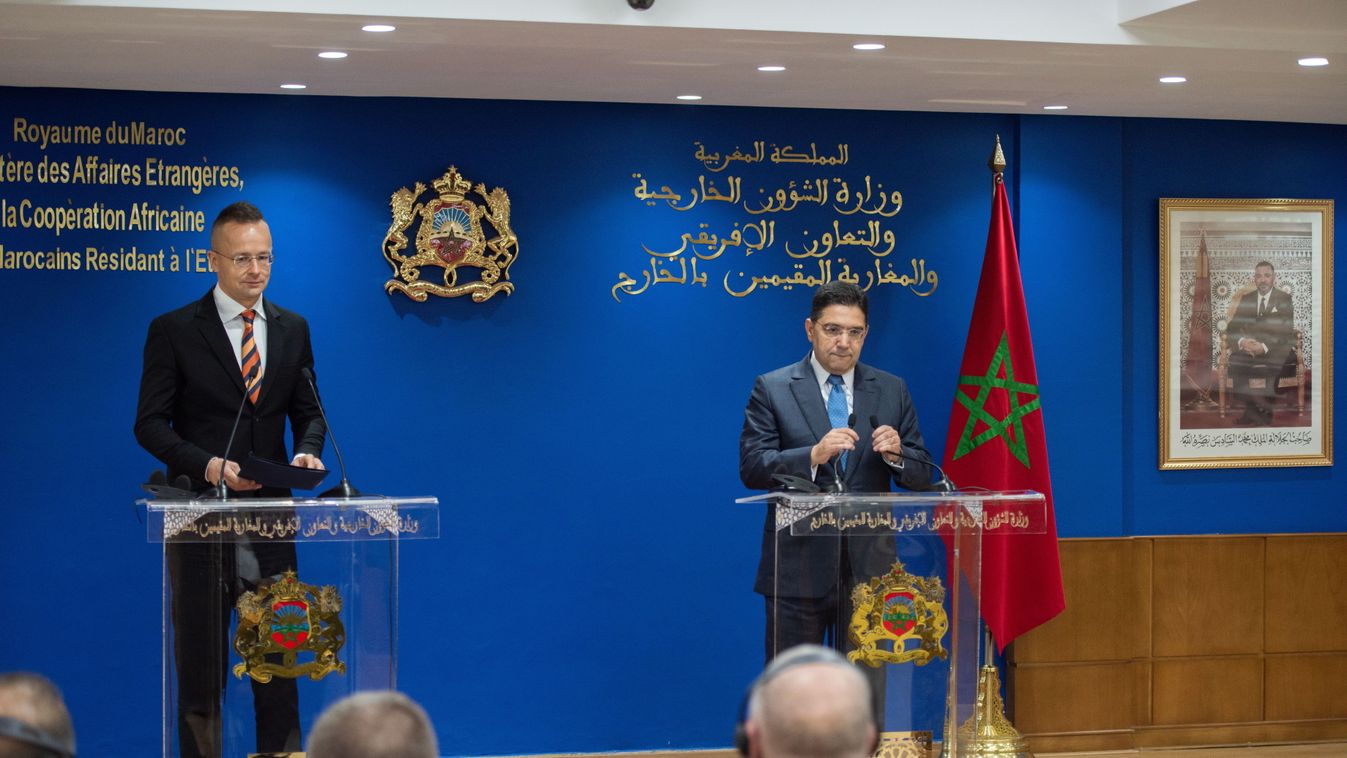
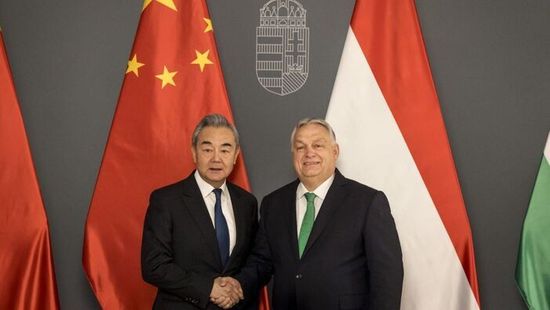
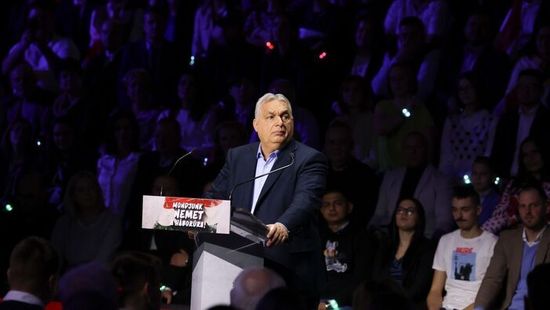
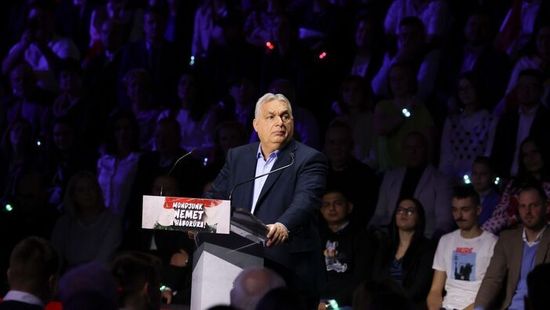



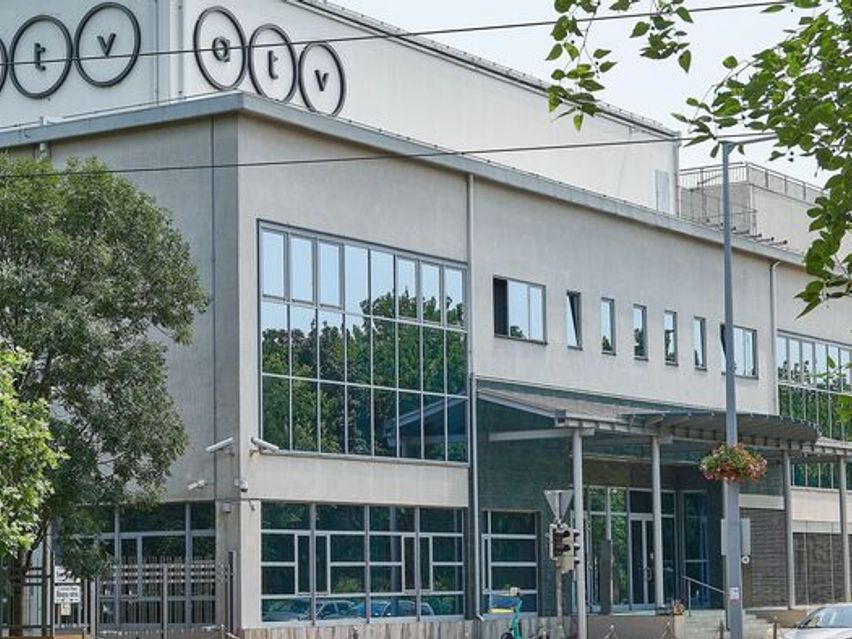
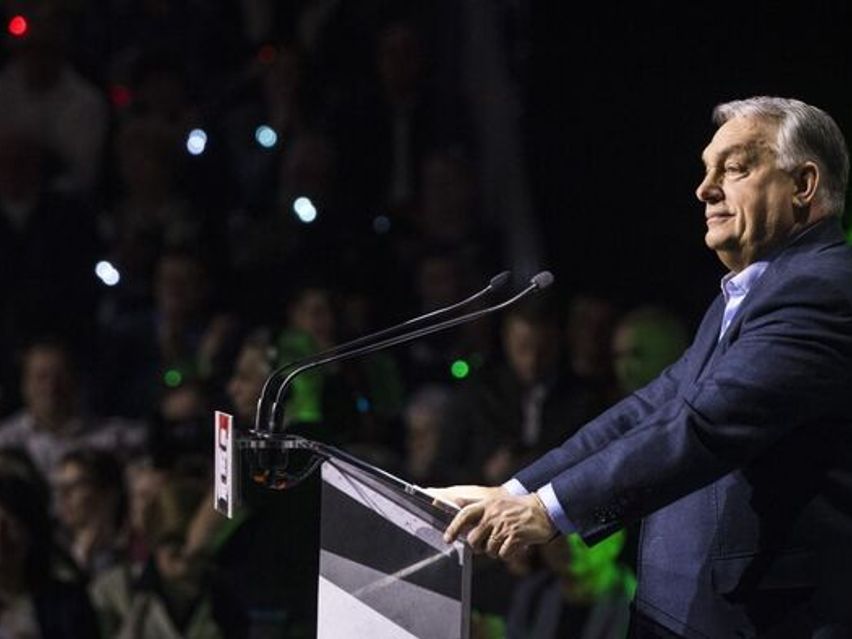


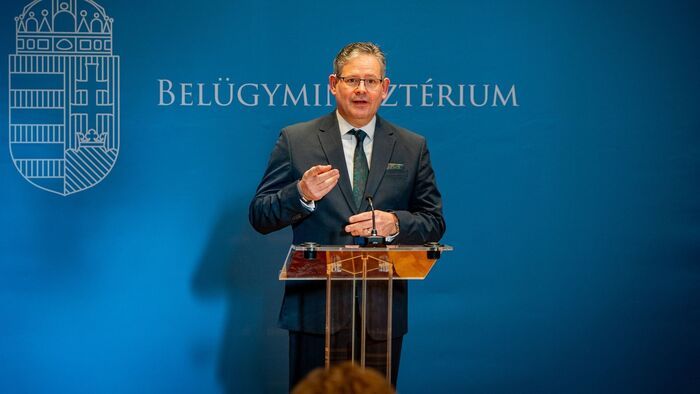
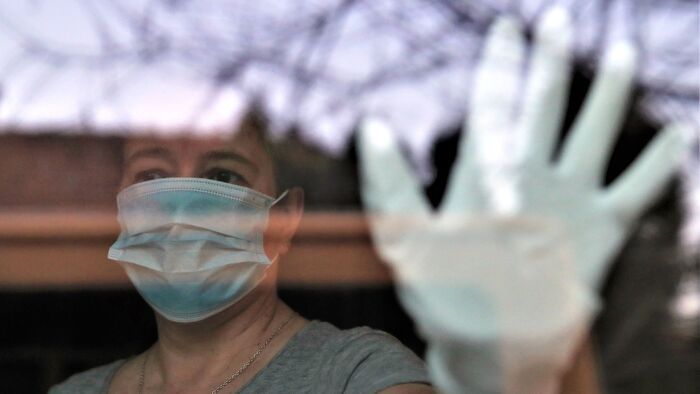


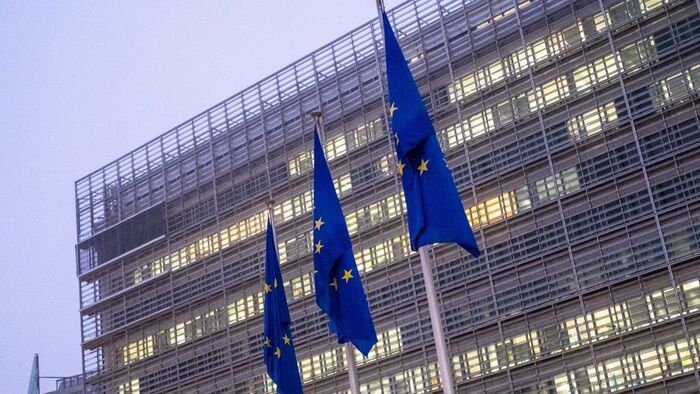
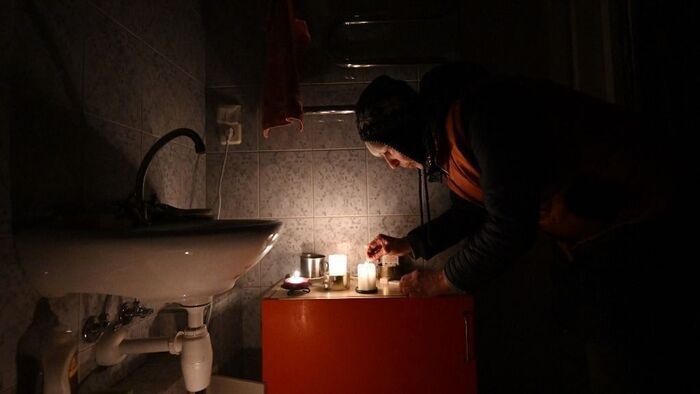
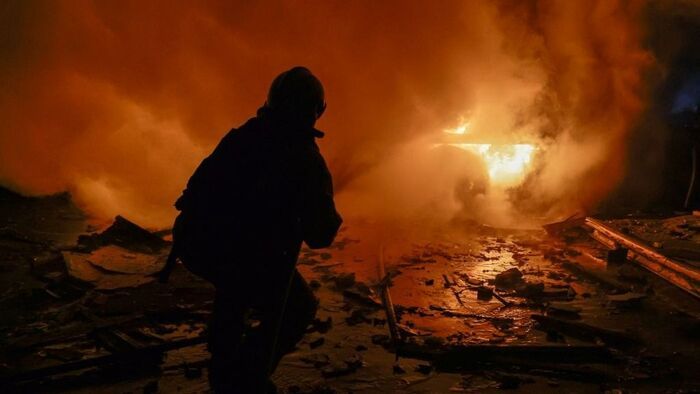





Szóljon hozzá!
Jelenleg csak a hozzászólások egy kis részét látja. Hozzászóláshoz és a további kommentek megtekintéséhez lépjen be, vagy regisztráljon!